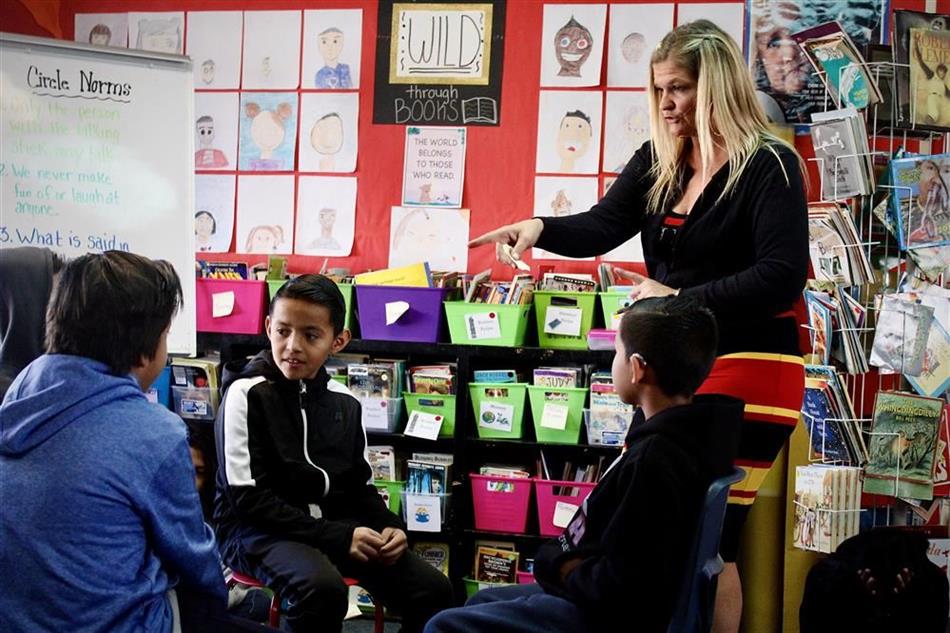
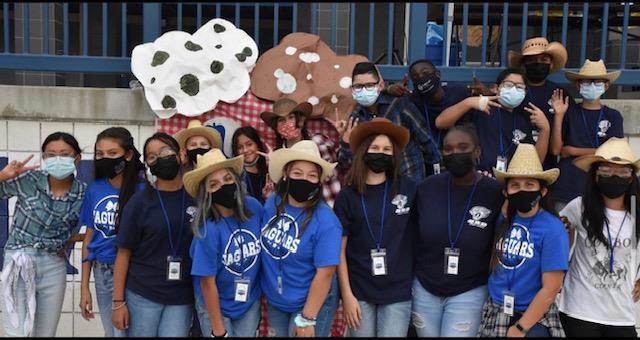
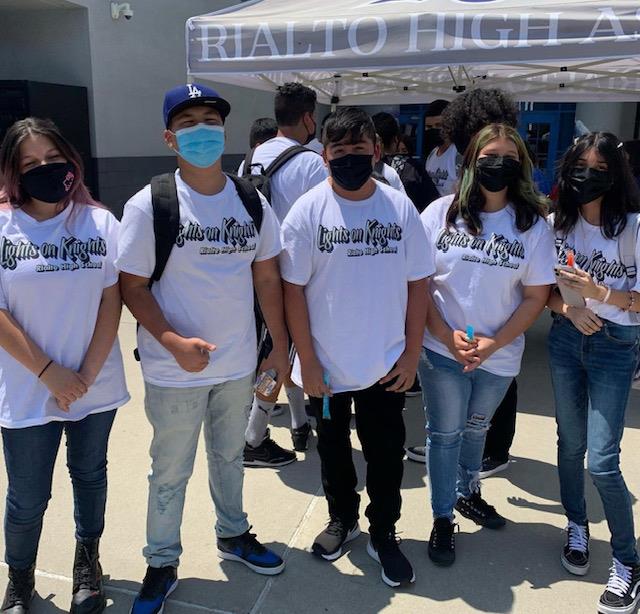
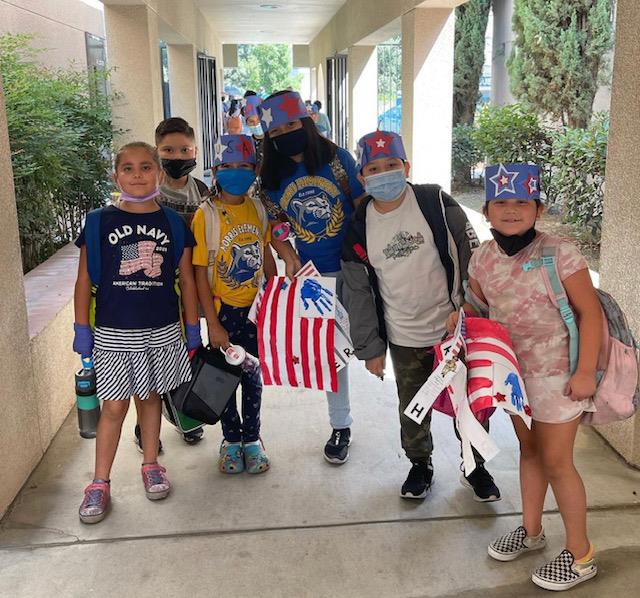
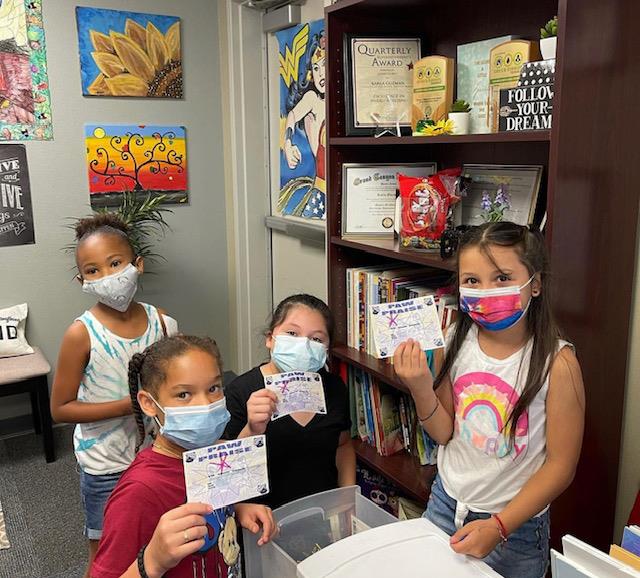

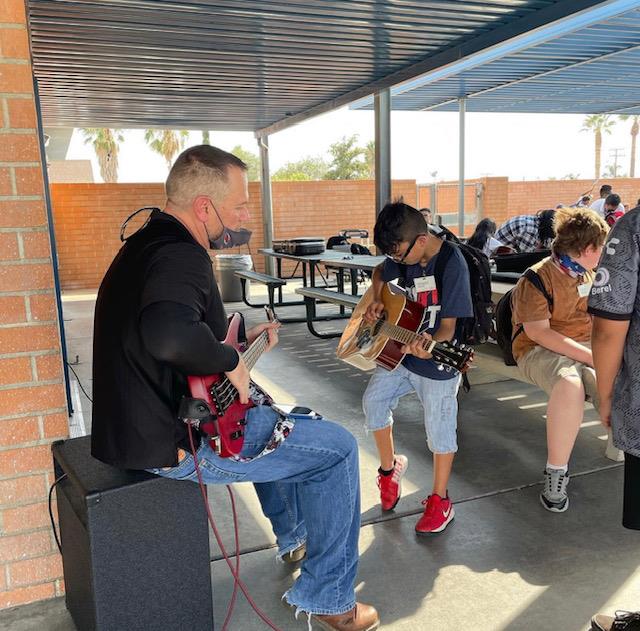
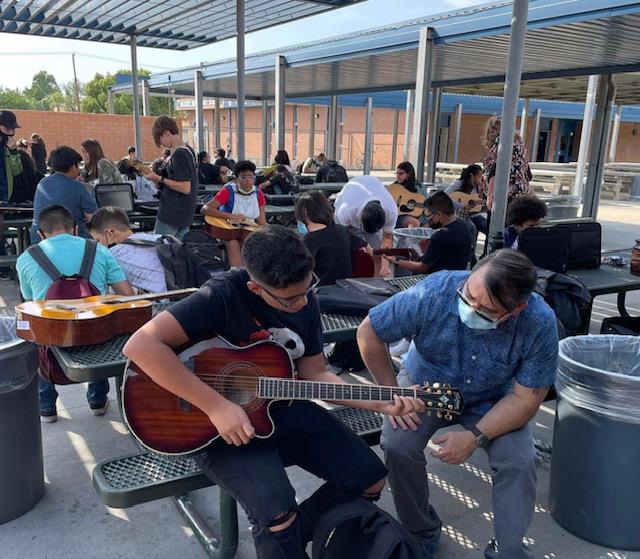
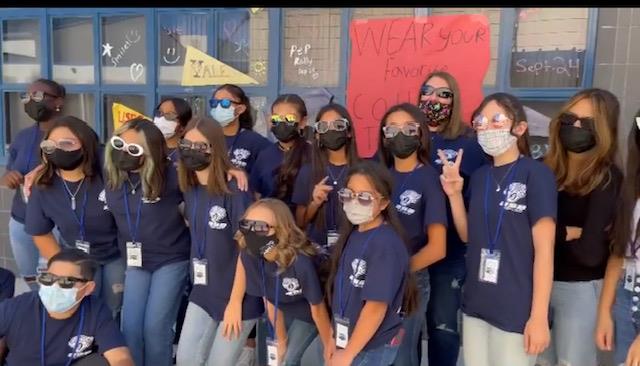
-
What is Positive Behavior Intervention and Support (PBIS)?
Positive Behavior Interventions and Support (PBIS) is a systems approach to enhancing the capacity of schools to support and educate ALL STUDENTS. It is a proactive approach to school-wide discipline that is based on three levels of prevention/intervention to address the needs of all students. PBIS is not a curriculum, intervention, or practice, but rather a framework or approach for assisting school personnel in adopting and organizing evidence-based behavioral interventions into an integrated continuum that enhances academic and social behavior outcomes
-
Our Mission
To provide a positive, safe, healthy, nurturing and respectful environment in which all students have the opportunity to become productive members of society. We will provide this through the:
- Development of clearly defined and consistent student expectations and accountabilities.
- Maintenance of an open ended flexible approach through the use of a data driven informational system.
- Educationally sound methods that foster student character, safety, academic excellence and individual citizenship
-
Tier 1: Universal Prevention (All)
Tier 1 systems, data, and practices impact everyone across all settings. They establish the foundation for delivering regular, proactive support and preventing unwanted behaviors. Tier 1 emphasizes prosocial skills and expectations by teaching and acknowledging appropriate student behavior.
Tier 1 foundational systems include:
- An established leadership team
- Regular meetings
- A commitment statement for establishing a positive school-wide social culture
- On-going use of data for decision making
- Professional development plans
- Personnel evaluation plan
Tier 1 practices include:
- School-wide positive expectations and behaviors are taught
- Established classroom expectations aligned with school-wide expectations
- A continuum of procedures for encouraging expected behavior
- A continuum of procedures for discouraging problem behavior
- Procedures for encouraging school-family partnership
-
Tier 2: Targeted Prevention (Some)
Tier 2 systems, data, and practices provide targeted support for students who are not successful with Tier 1 supports alone. The focus is on supporting students who are at risk for developing more serious problem behavior before those behaviors start. Tier 2 supports often involve group interventions with 10 or more students participating. The support at this level is more focused than Tier 1 and less intensive than Tier 3.
Tier 2 foundational systems include:
- An intervention team with a coordinator
- Behavioral expertise
- Fidelity and outcome data are collected
- A screening process to identify students needing Tier 2 support
- Access to training and technical assistance
Tier 2 practices include:
- Increased instruction and practice with self-regulation and social skills
- Increased adult supervision
- Increased opportunities for positive reinforcement
- Increased pre-corrections
- Increased focus on possible function of problem behaviors
- Increased access to academic supports
-
Tier 3: Intensive, Individualized Prevention (Few)
At most schools, there are 1-5% of students for whom Tier 1 and Tier 2 supports have not connected. At Tier 3, these students receive more intensive, individualized support to improve their behavioral and academic outcomes. Tier 3 strategies work for students with developmental disabilities, autism, emotional and behavioral disorders, and students with no diagnostic label at all.
Tier 3 foundational systems include:
- A multi-disciplinary team
- Behavior support expertise
- Formal fidelity and outcome data are collected
Tier 3 practices include:
- Function-based assessments
- Wraparound supports
- Cultural and contextual fit




